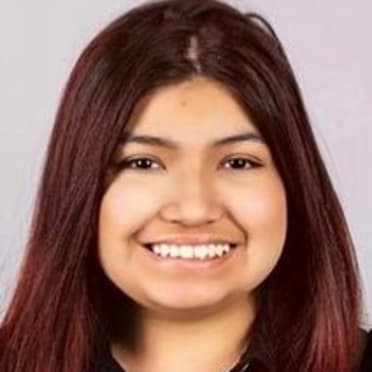Legacy keeps growing for O'Neil, baseball's biggest ambassador
Whether it be as a first baseman, a coach or as a scout, Buck O¡¯Neil was a pioneer.
Not only was he the first Black coach in AL/NL history, he signed legends such as Ernie Banks, Lou Brock and Joe Carter as a scout. The key was O'Neil's personable approach -- learning about players off the field and gaining the trust and respect of their families.
¡°He was a great coach, he had a great eye for talent and he had a great eye for makeup,¡± said the Pirates' vice president of player personnel Steve Williams, who also serves as president of the Buck O'Neil Professional Baseball Scouts & Coaches Association. ¡°We talk about players that he signed, I don't think there were any that were bad people.¡±
O'Neil made a point of traveling to multiple towns and historically Black colleges and universities to find talent, and the way he cultivated relationships set a precedent for today's scouting approach.
¡°We have to have the gift of gab,¡± Williams said. ¡°You have to be able to make people comfortable, and players and families have to be able to trust you. Buck was exceptional at that. ¡ He was a people person, but he was probably one of the biggest ambassadors ever and that's why he's in the Hall of Fame.¡±
'The Buck' stops everywhere
The association that would soon be named for him started as a way for black and brown scouts in the game to meet each other. Only 15 members attended the first meeting in 1999 in Atlanta, and it was decided to name it to honor O'Neal. The tenets of the "The Buck" were in line with O'Neil's principles of standing for equality, loving people and loving the game.
"He was what we all aspired to be in our group and to carry on his legacy -- who he was and is and all the things that he fought for," Williams said.
After the inaugural meeting, the group flew to Kansas City to get O'Neil's approval for the name. He ¡°almost jumped out of the chair¡± upon hearing the association¡¯s mission, according to Williams.
Since then, the association has expanded to include coaches, GMs and other roles in the game with a roster of over 200 members. When the group meets, a clinic is set up in that city to teach kids and parents about baseball. Additionally, ¡°The Buck¡± has awarded scholarships to students excelling in academia who are looking for careers in the game.
¡°It just kind of morphed to where we are,¡± Williams said. ¡°We're trying to give back to baseball what baseball has given us and that's what Buck did all the time.¡±
In 2003, O'Neil attended one of the association's meetings in Kansas City and showed attendees what made his mind and approach to baseball so iconic.
¡°He got a chance to walk in the room of the organization that was named after him and speak to our group,¡± Williams said ¡°Back then it might have been 60 members ¡ and he did not realize that there were many scouts and coaches that look like him in baseball at that time.
¡°He had lunch with us and he spoke to every scout, introduced himself, asked where they were from ... and what was so amazing [was that] every town that everybody said they were from, he had a story. ... It was, 'Oh, I knew this player, their president of the school that was there.¡¯ We're all sitting there going how does he remember all that?¡±
As a younger generation enters the game, ¡°The Buck¡± strives to make time and space for the young talent to get their chances and make the most of them. And O'Neil remains the role model.
¡°We talked about it like this, Jackie Robinson was who he was for the player, for the players to play,¡± Williams said ¡°We defined it as a Buck was very similar to Jackie but on the baseball and coaching and scouting and front office side. He opened those doors for us.¡±
'It feels like family'
O'Neil never showed anger for the discrimination he once faced, such as not being allowed to stay in certain hotels or having to eat in the back of restaurants, Williams said. What he did was turn it around with love and respect for everyone.
¡°I remember the first time I met him down in Sarasota, Florida, during my first year of scouting,¡± Williams said. ¡°Everybody loved him. Everyone. There wasn¡¯t one person, one scout in that ballpark that didn't get up and go sit down [with him], go say hello and show him ultimate respect.
¡°I got the nerve to go and sit down and introduce myself to him. And he treated me like I was a son. "Hey, sit down here, son. Where are you from? Who are you working with? What do you want to do in this game? How can I help you?" And you know, he just calms you when you talk to him and just brings you in and it feels like family.¡±
When he was not elected to the Hall of Fame in 2006, O'Neil showed enthusiasm for 17 Negro Leaguers who did make it instead of disappointment. The following year, O'Neil was posthumously honored with a lifetime achievement award and finally entered the hallowed halls of Cooperstown.
¡°He said this to one of the reporters [in 2006], 'What has my life been about?¡¯¡± Williams said. ¡°¡®This is what my life has been about, to get that many Negro Leaguers into the Hall of Fame and get them noticed.¡¯ He accomplished one of his biggest goals in his life. And just at the end of it, he was all still about love. Just keep loving Buck and he was going to keep loving you.¡±
